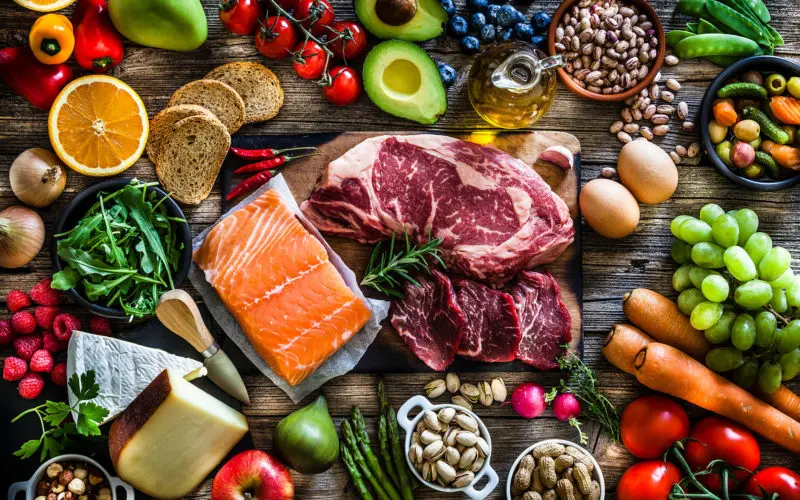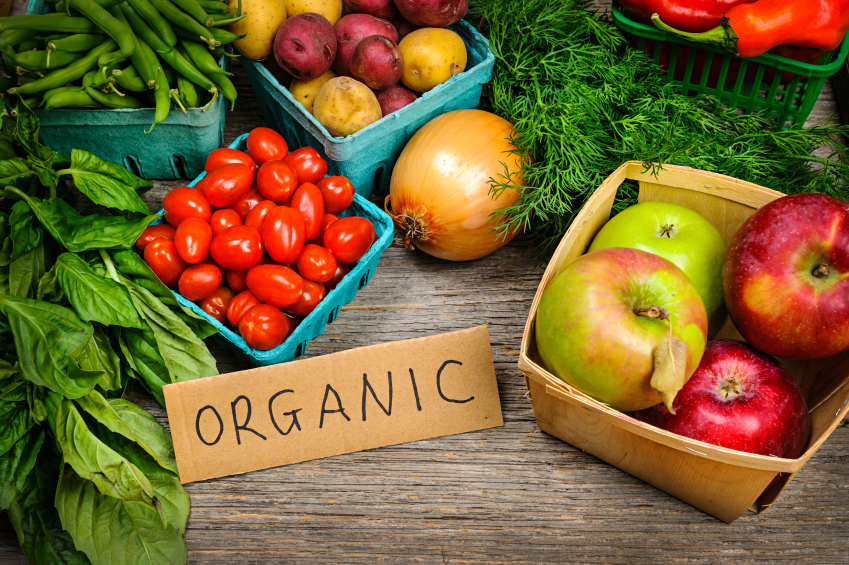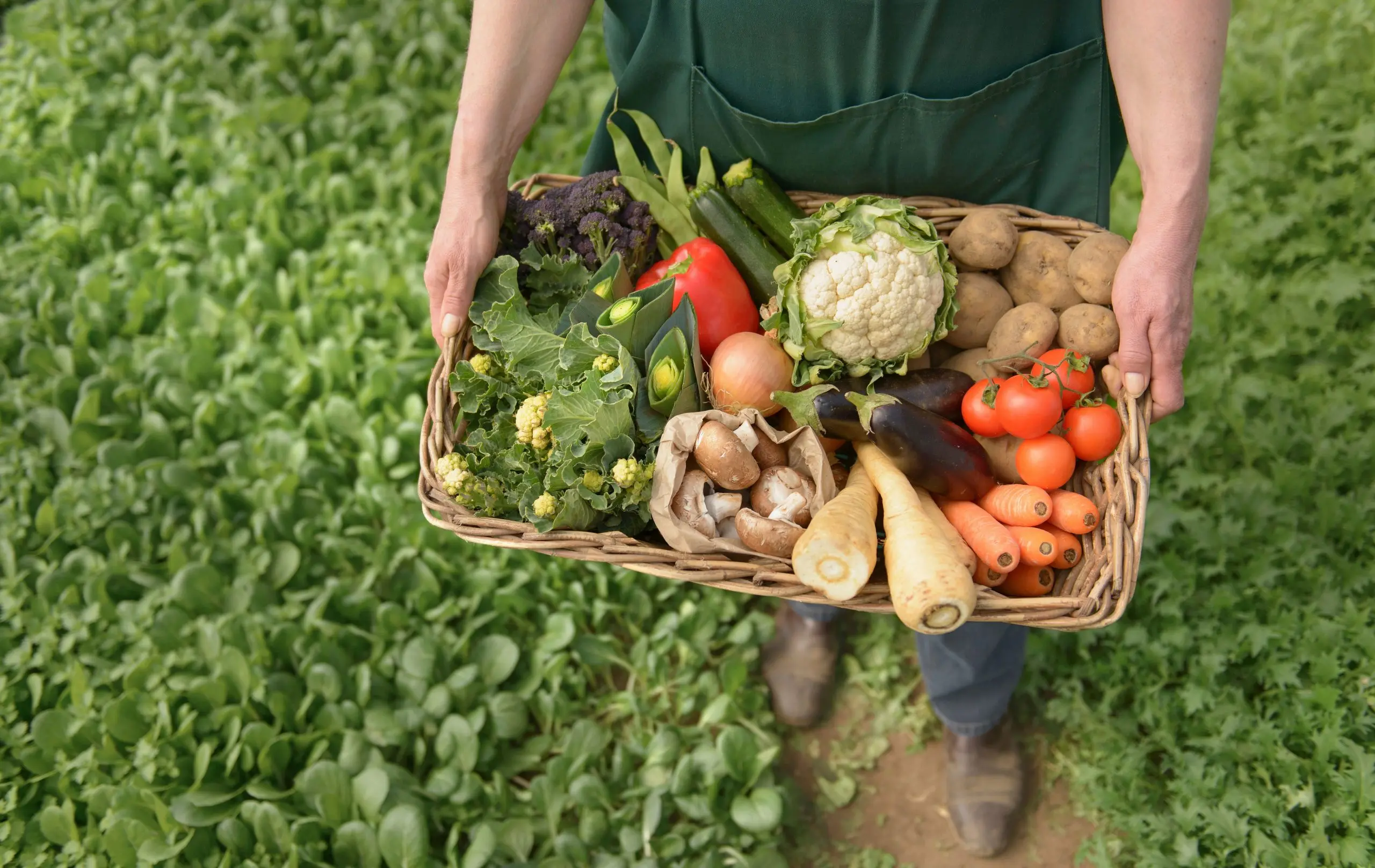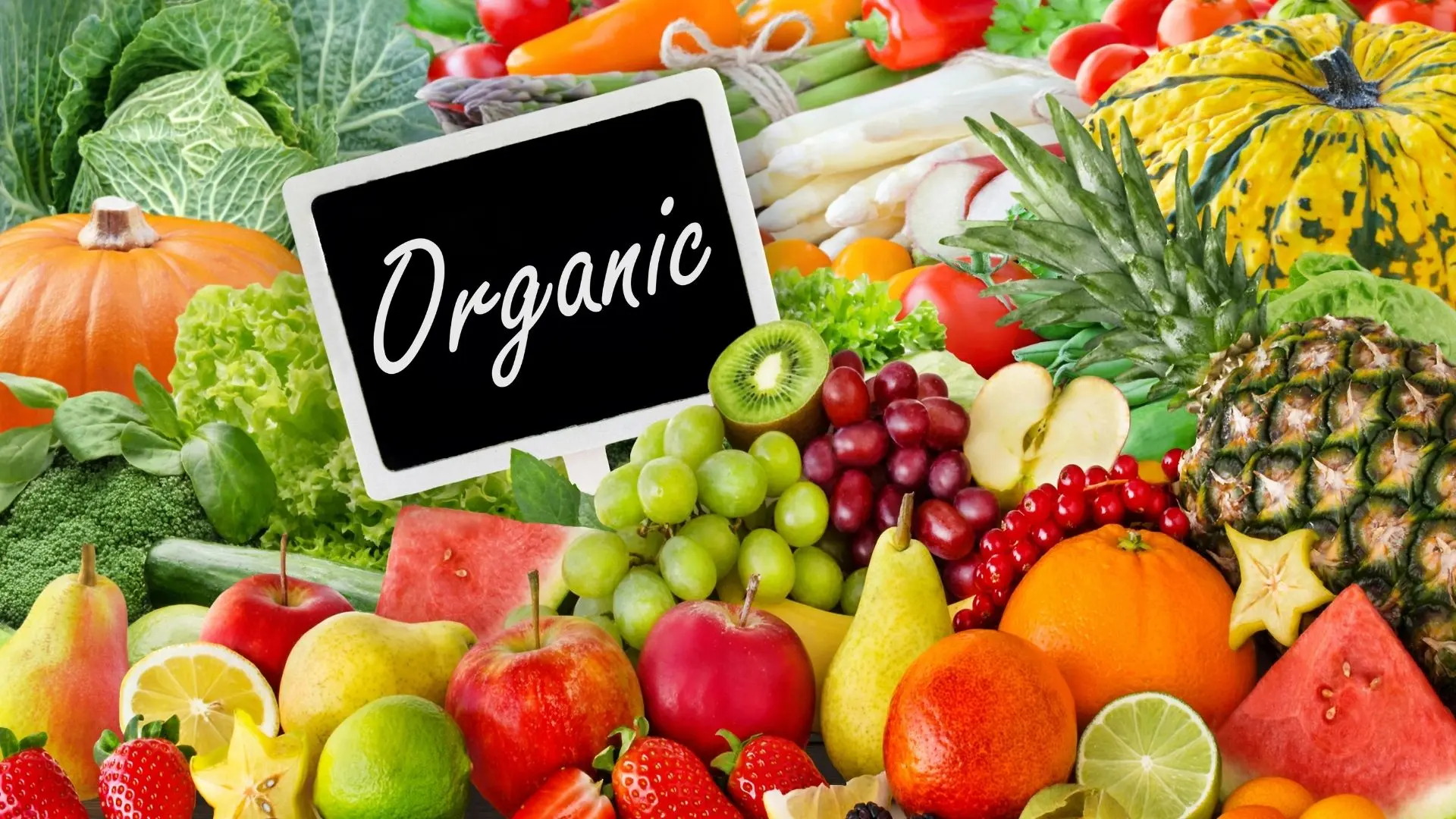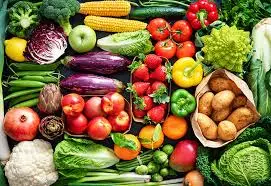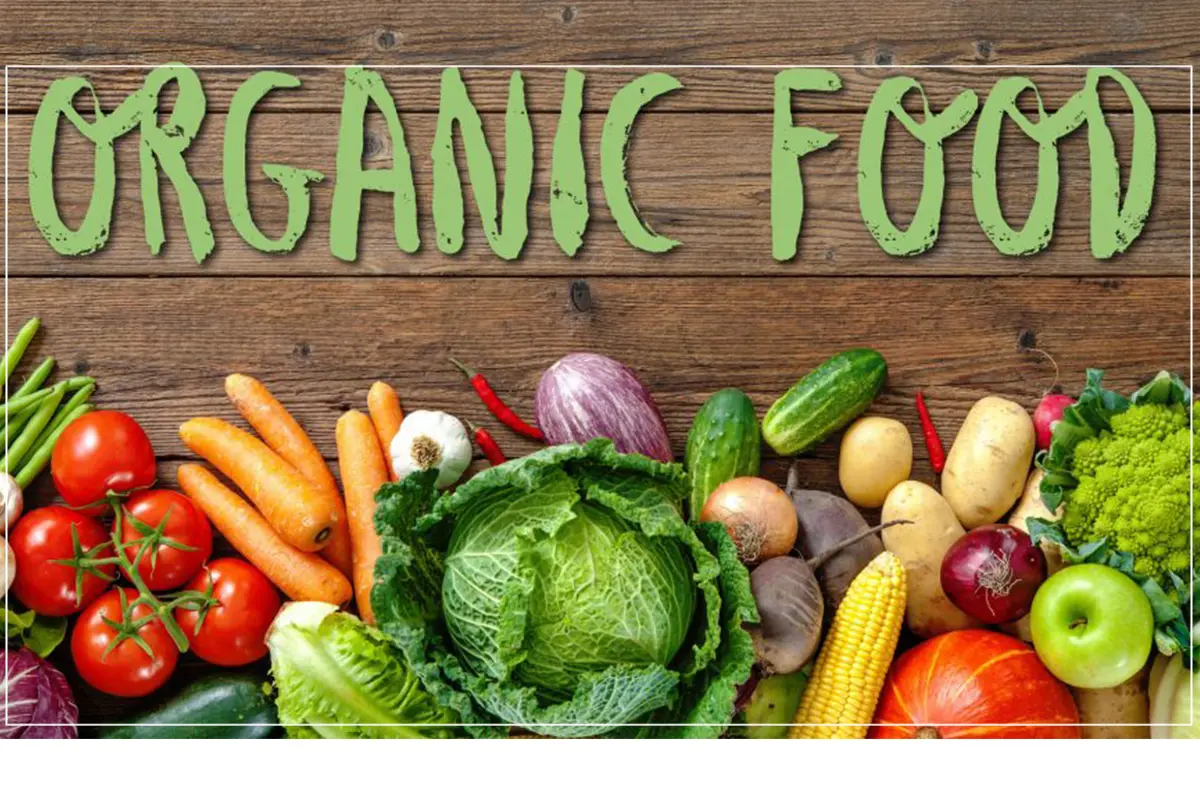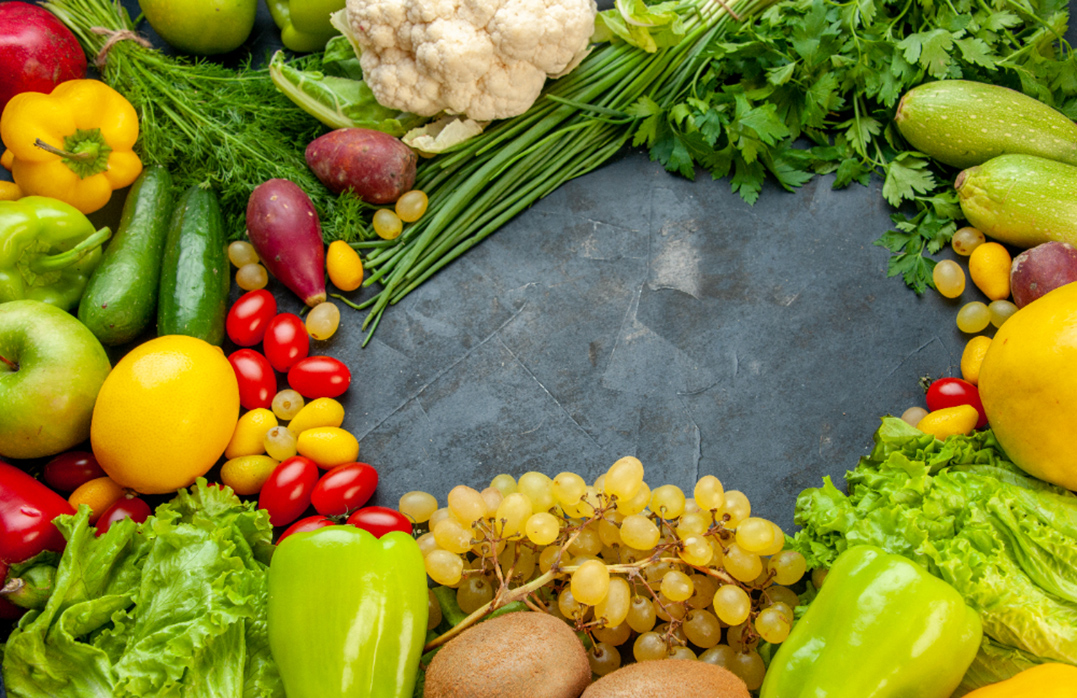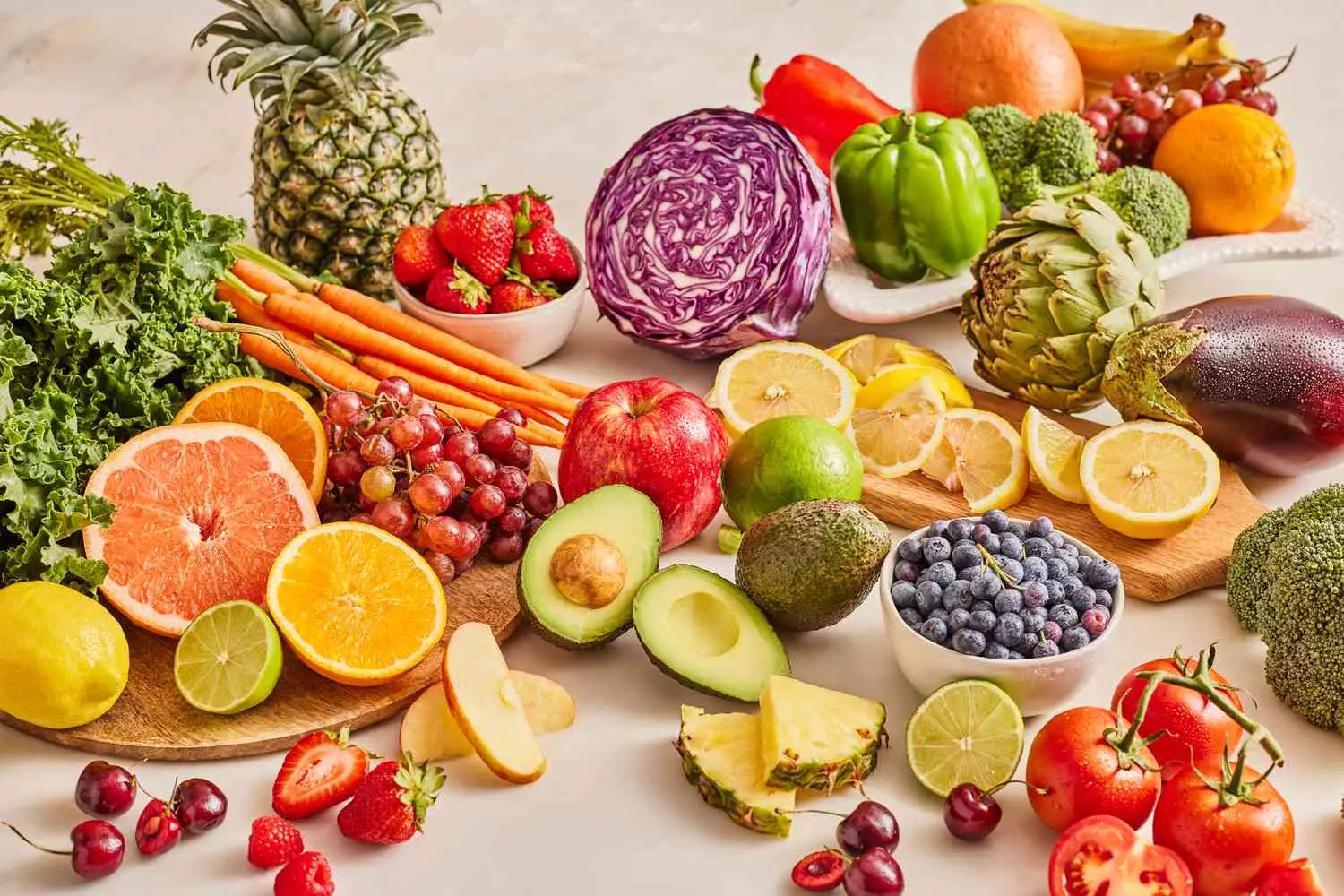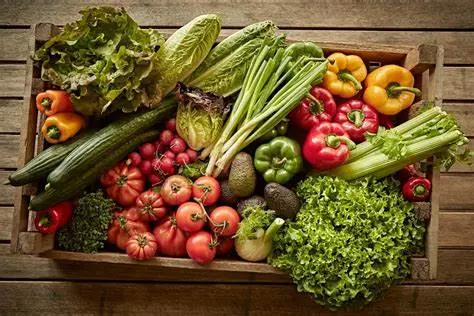
Understanding Organic Food
Organic food refers to produce and products that are grown and processed without the use of synthetic fertilizers, pesticides, genetically modified organisms (GMOs), and artificial preservatives. The organic farming practices promote environmental sustainability and encourage biodiversity, leading to healthier ecosystems. By choosing organic, consumers can support farming practices that are better for the planet and their health.
Benefits of Organic Food for Your Health
One of the primary reasons to choose organic food is the potential health benefits it offers. Organic food is generally fresher and more nutritious than conventionally grown food. Studies have shown that organic produce can contain higher levels of certain nutrients, such as antioxidants, which are vital for overall health.
Moreover, organic foods are free from harmful chemicals often used in conventional farming. Pesticides and herbicides can leave residues on food, which may pose health risks, especially for children. By choosing organic, you reduce your exposure to these harmful substances, contributing to a healthier lifestyle.
Supporting Sustainable Practices
Choosing organic food is not just a personal health decision; it also supports sustainable farming practices. Organic farming methods aim to maintain the health of the soil and ecosystems. By avoiding synthetic chemicals, organic farmers help preserve the natural balance of local flora and fauna.
Additionally, organic farming practices promote biodiversity. Diverse ecosystems are more resilient and can better withstand pests and diseases, leading to more sustainable food production in the long term. By purchasing organic products, you are supporting farming methods that prioritize environmental health and sustainability.
The Importance of GMO-Free Food
Genetically modified organisms (GMOs) have been a topic of concern among consumers. Many people are wary of GMOs due to potential health risks and environmental impacts. Organic food is certified GMO-free, ensuring that you and your family are consuming products that have not been genetically altered.
Choosing organic foods helps support the movement towards non-GMO farming, which can lead to a healthier food system overall. By opting for organic, you are making a conscious decision to avoid GMOs and support farms that prioritize natural growing methods.
Enhancing Flavor and Quality
Many people find that organic foods taste better than their conventionally grown counterparts. Organic farming practices focus on the health of the soil, which can lead to superior flavor and quality in fruits and vegetables. The absence of synthetic fertilizers and pesticides allows the natural flavors to shine through, enhancing the overall eating experience.
Families often notice that organic produce tends to have a fresher taste, making mealtimes more enjoyable. When you choose organic, you’re not just making a healthier choice; you’re also enriching your family’s culinary experiences.
Chart: Comparison of Organic vs. Conventional Food
| Aspect | Organic Food | Conventional Food |
|---|---|---|
| Pesticide Residue | Minimal to none | Higher levels present |
| GMO Presence | None | Possible |
| Nutrient Content | Higher levels of antioxidants | Standard levels |
| Flavor | Often superior | Variable |
| Environmental Impact | Supports biodiversity | Can harm ecosystems |
Economic Benefits of Choosing Organic
While organic food may come with a higher price tag, it also supports local farmers and economies. By investing in organic products, you are more likely to support smaller farms that prioritize sustainable practices over large-scale industrial agriculture. This can result in a stronger local economy and community.
Furthermore, the demand for organic food continues to grow, which encourages more farmers to transition to organic methods. As more farmers adopt these practices, the costs may decrease over time, making organic food more accessible to everyone.
Making the Transition to Organic
Transitioning to an organic diet doesn’t have to happen overnight. Start by incorporating organic fruits and vegetables into your meals. You can also look for organic dairy and meat products to ensure that your entire family benefits from a healthier diet.
As you become more familiar with organic options, consider joining a local organic co-op or community-supported agriculture (CSA) program. These initiatives often provide access to fresh, local organic produce at a more affordable price.
Conclusion
Choosing organic food has numerous benefits for both your health and the environment. From reducing exposure to harmful chemicals to supporting sustainable farming practices, going organic is a positive step for you and your family. As the demand for organic products continues to rise, making the switch can lead to a healthier lifestyle and a more sustainable future for all.

